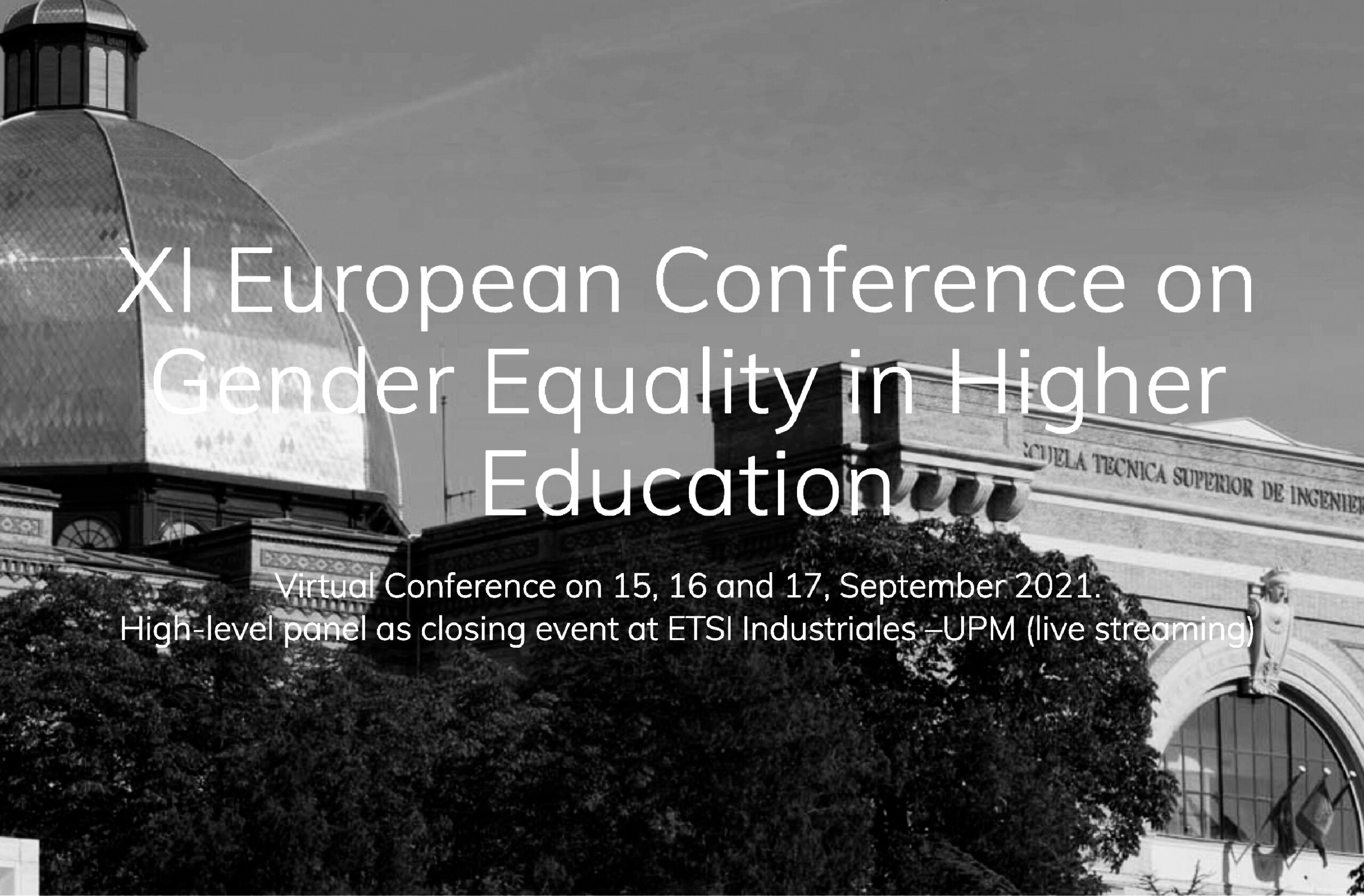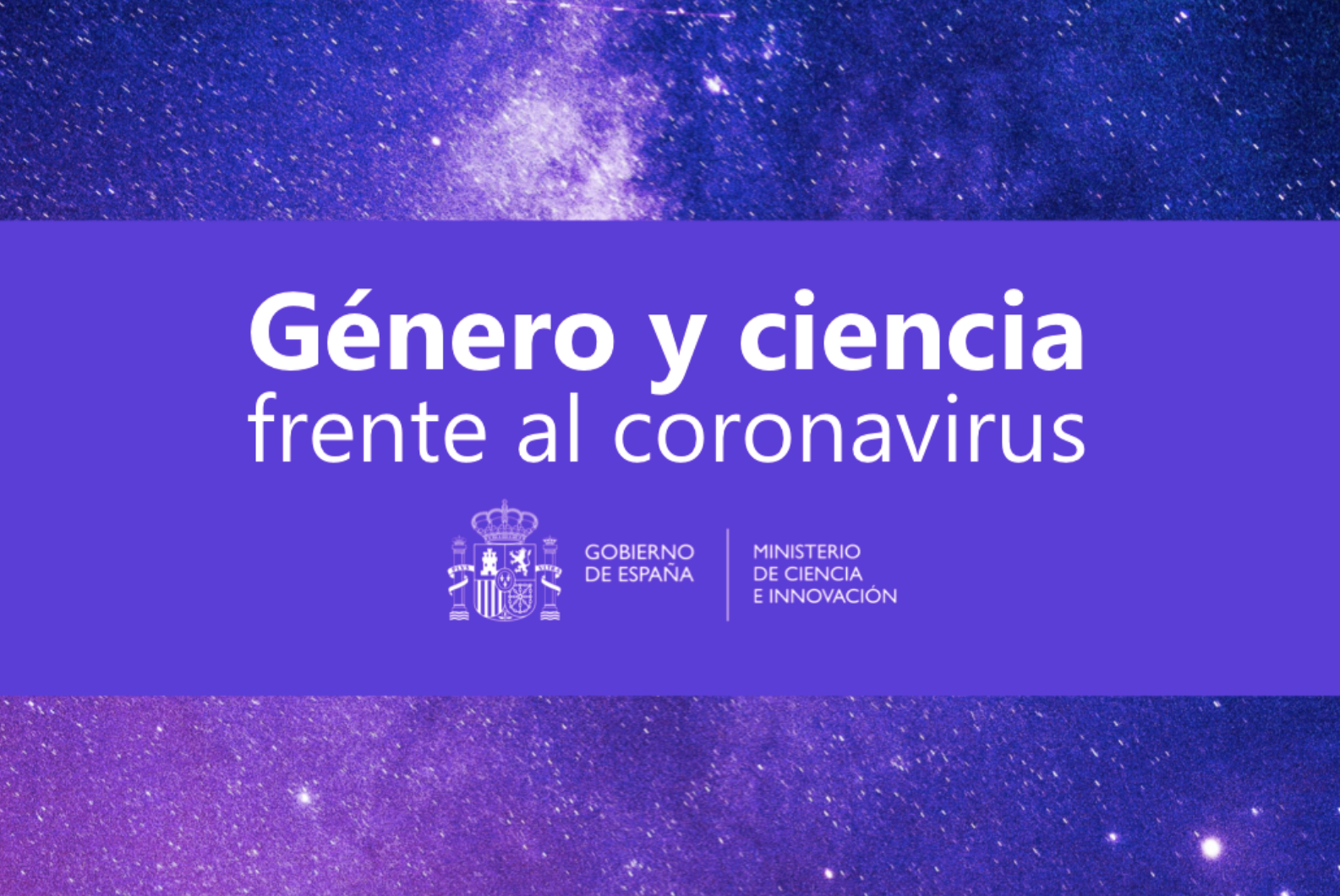XI European Conference on Gender Equality in Higher Education: call for abstracts
The Women and Science Unit of the Spanish Ministry of Science and Innovation and the Ministry of Universities in cooperation with the Technical University of Madrid (UPM) and the Spanish Foundation for Science and Technology (FECYT) are pleased to announce a new call for abstracts for the 2021 Conference on Gender Equality in Higher Education:
https://www.genderequalityconference2021.com/call-for-abstracts/
More than 200 abstracts already received and evaluated in 2020
New deadline for abstracts submission: 24th of March, 2021
See the topics of the Conference that include a new thematic area on gender, science and COVID-19
The European Conference Gender Equality in Higher Education (GEHE) is an academic forum to communicate new research and analysis on gender and science. These conferences also welcome presentations on the development of gender equality policies as well as on the implementation of gender equality plans in research performing organizations (RPOs) and research funding organizations (RFOs).
The 11th edition of GEHE was planned to be hosted by the UPM, Madrid, in September 2020 but the pandemic led to postpone the event. The Conference will be online from the 15th to the 17th of September 2021. More than 200 abstracts were already received and evaluated by our international scientific committee last year. The aim of this new call for abstracts is to give the opportunity to present new research, analysis and experiences from the gender and science community across Europe.
The online edition will include different activities:
- Plenary conferences by main speakers.
- Oral communications in parallel sessions.
- Symposia/workshops.
- High-level panel as closing event at ETSI Industriales –UPM (live streaming).
- Online networking activities.
Follow the news on #GEHE2021 in the webpage: https://www.genderequalityconference2021.com




